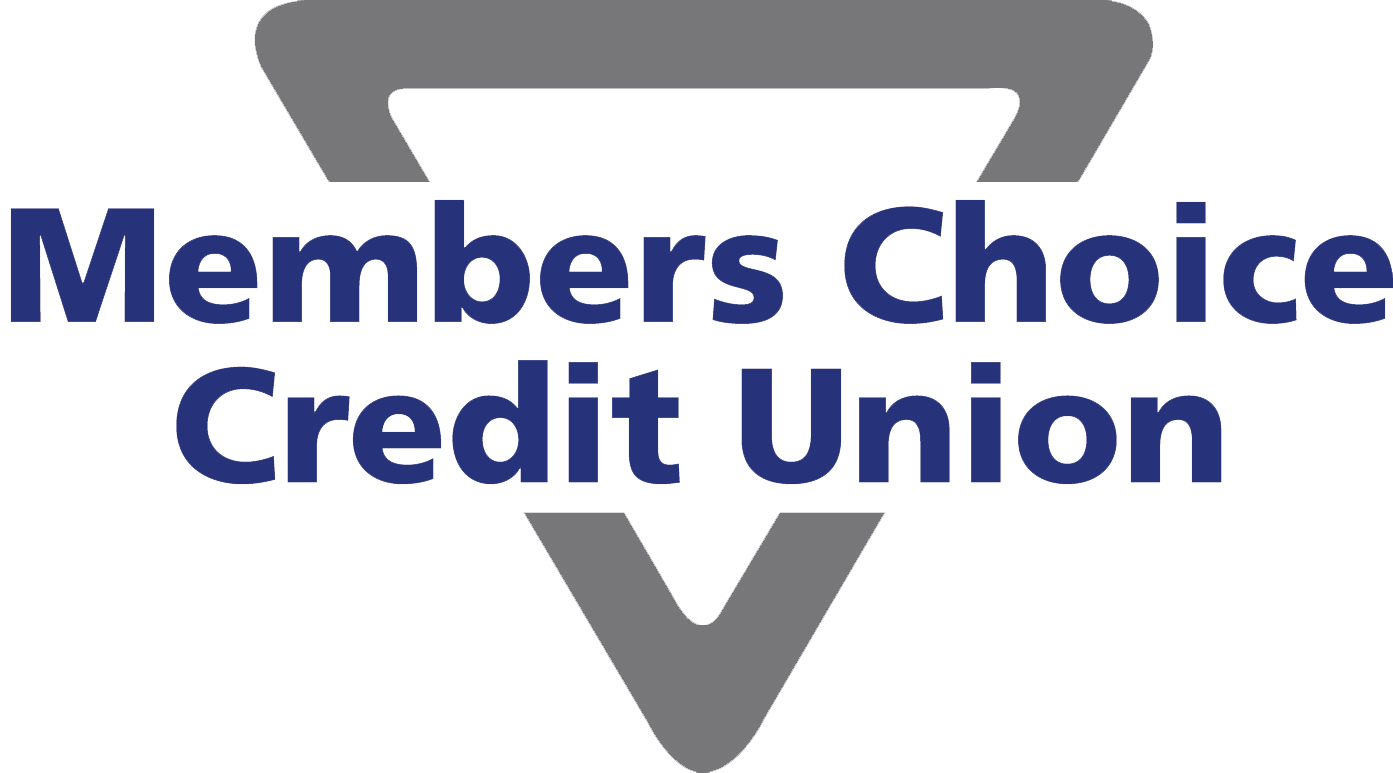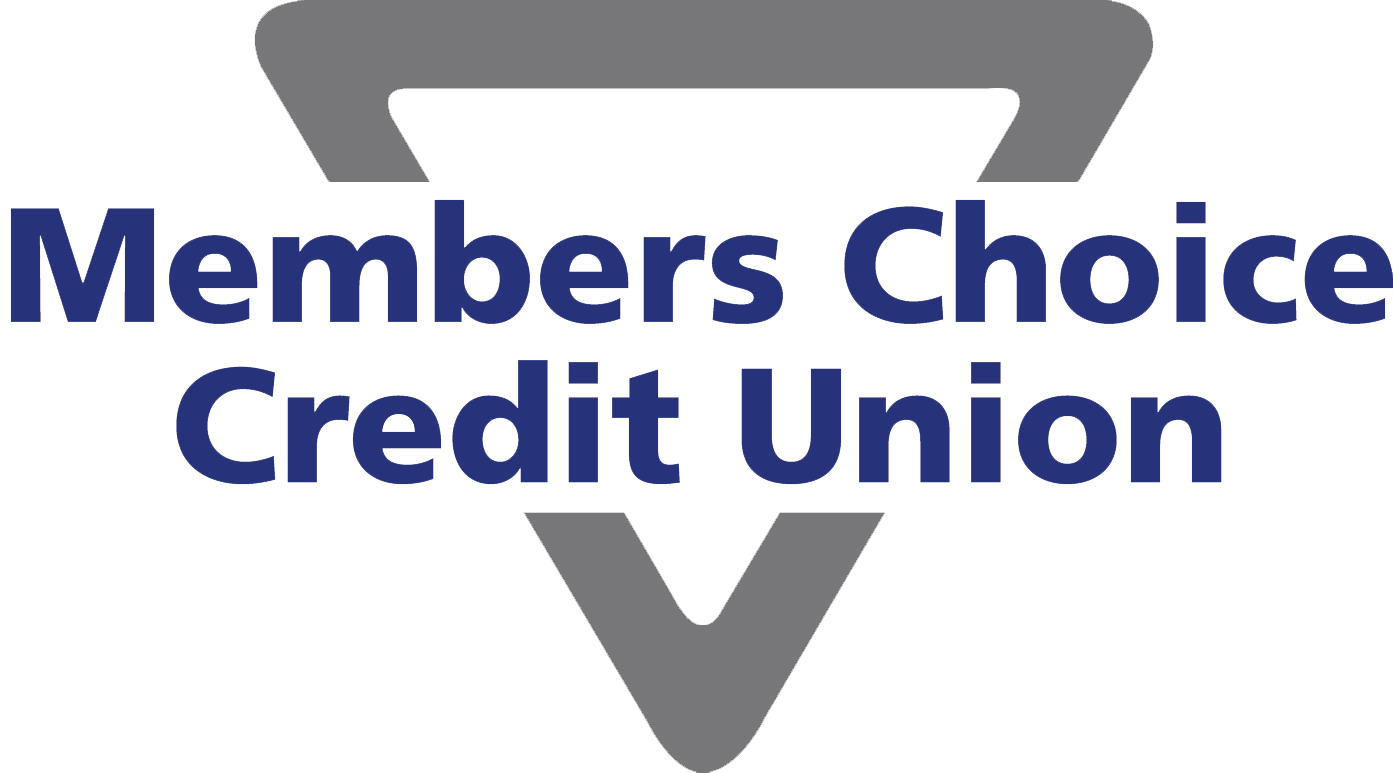Money Management
Goal Setting
Obtain your financial goals. As your ally, we’ll help you identify your goals and develop a roadmap for reaching them.
Budgeting
Expect financial challenges before they begin. Together we’ll take a look at your current financial position and offer money management tips and skills.
Financial Recovery
Regain power of your finances. We’ll provide budget counseling to help you meet your responsibilities and put you back on course.
Resources and Education
Financial Counseling
Members Choice has over 30 certified financial counselors to offer you individualized counseling, guidance, and educational resources. Everyone can experience a free financial counseling session. Our representatives will listen and encourage you while reviewing your situation. Together, we'll make a plan to work towards your personal financial goals.
Youth Savings Program
If your child goes to one of the local schools that participate in our Youth Saving Program, they can make deposits on-site at the school each week during the school year. Ask us if your school participates!
Banzai!
Take control of your money. Banzai has partnered with Members Choice to bring you clear, in-depth lessons to help you dive into the financial topics you care about most. We also offer an interactive website for teachers that offers meaningful content using real-life scenarios that engage teenagers and expose them to real-life adult financial dilemmas.
Financial Calculators
Mortgage, auto, savings, retirement, taxes, insurance, budgets, loans, and more. Explore our financial calculators to plan for your future.
How Solid is Your Credit Score?
Higher scores indicate low credit risk (more likely to get a loan)
What Makes Up Your Credit Score?
- 35% = Based on payment history. Are bills paid on time? Are there delinquencies? More weight is given to the current payment history
- 30% = Your credit utilization ratio. Your total revolving credit balances are compared to the total of all your revolving credit limits
- 15% = Length of credit
- 10% = New debt in the last 12-18 months - Including # of inquiries and account opening dates
- 10% = Mix of Credit - Installment (can raise) vs. revolving (can lower) Finance company loans can lower your score
| Credit Score | |
|---|---|
| 730 - 830 | Very Strong Credit |
| 680 - 729 | Strong Credit |
| 640 - 679 | Good Credit |
| 600 - 679 | Fair Credit |
| 550 - 599 | Poor Credit |
| 549 & Below | Very Poor Credit |
-
What Actions Will Hurt Your Score?
- Late or missing payments, even small amounts. It can take 24 months to restore credit with one late payment.
- A missed payment can lower your score 50-70 points
- Maxing out credit cards.
- Maxed-out cards can lower your score by 100 points. You want to spend less than your credit limit.
- Shopping for credit excessively.
- Opening up several new accounts in a short period.
- More revolving debts concerning installment debt can negatively impact your score.
- Closing unused credit cards could lower your capacity.
-
What Actions Will Improve Your Score?
- Pay off or pay down your credit cards.
- Leave unused credit cards at a $0 balance to avoid decreasing capacity.
- Consolidate revolving debt into installment debt.
- Continue to make payments on time (older late pay will become less significant with time.)
- Slow down on opening new accounts.





